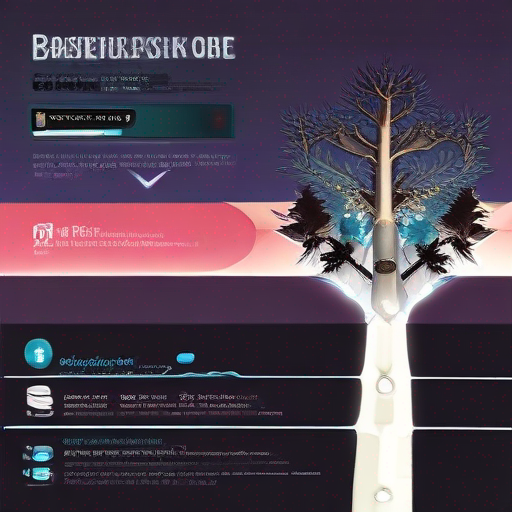Long Tail Keyword Research Tool Boosts SEO Efforts Through Accurate Targeting
As an SEO enthusiast, you’re well aware of the importance of targeting relevant keywords to drive traffic and boost conversions. However, identifying the perfect long tail keywords can be a daunting task, especially with the vast amount of data available online. This is where a reliable long tail keyword research tool comes into play.
In this article, we’ll delve into the world of long tail keywords, exploring how they differ from generic terms and why targeting them can have a significant impact on your SEO efforts. We’ll also discuss the benefits of using a dedicated long tail keyword research tool to streamline your keyword discovery process.
What are Long Tail Keywords?
Long tail keywords are specific phrases or combinations of words that have lower search volumes compared to generic, more general terms. These phrases often contain three to five words and are highly targeted towards a specific audience or niche. For instance, instead of targeting the broad term “travel,” you might focus on “cheap flights to Hawaii for spring break” – a much more specific and relevant query.
Why Target Long Tail Keywords?
There are several compelling reasons to prioritize long tail keywords in your SEO strategy:
- Less competition: By targeting longer phrases, you’re less likely to compete with larger brands or established websites that dominate generic search terms.
- Higher conversion rates: Long tail keywords often indicate a stronger buying intent, as users are more specific about what they’re looking for. This can lead to higher conversion rates and a better return on investment (ROI).
- Improved relevance: Targeting long tail keywords ensures your content is highly relevant to the target audience, reducing bounce rates and increasing user engagement.
The Importance of Accurate Targeting
While targeting long tail keywords can be beneficial, it’s crucial to ensure accuracy in your research. A single misstep can lead to:
- Wasted resources: Spending time and budget on irrelevant content or campaigns that fail to resonate with your target audience.
- Poor user experience: Serving up irrelevant content to users who are searching for specific information can lead to frustration, high bounce rates, and a negative brand reputation.
How a Long Tail Keyword Research Tool Can Help
To overcome these challenges, we recommend utilizing a dedicated long tail keyword research tool. These tools offer a range of features designed to streamline the discovery process:
- Keyword suggestions: Receive tailored keyword recommendations based on your existing content or target audience.
- Competitor analysis: Analyze your competitors’ strategies and identify gaps in their coverage.
- SEO insights: Gain valuable insights into search trends, volumes, and user behavior.
[Table: Long Tail Keyword Research Tool Features]
| Feature | Description |
|---|---|
| Keyword Suggestions | Receive tailored keyword recommendations based on your existing content or target audience. |
| Competitor Analysis | Analyze your competitors’ strategies and identify gaps in their coverage. |
| SEO Insights | Gain valuable insights into search trends, volumes, and user behavior. |
A Real-Life Example
To illustrate the effectiveness of a long tail keyword research tool, let’s consider an example:
Suppose you’re a travel blogger specializing in eco-friendly destinations. You want to create content that attracts users searching for sustainable tourism options.
By using a long tail keyword research tool like long tail keyword research tool , you can identify relevant phrases such as “sustainable vacation ideas for couples” or “ecofriendly travel tips for beginners.”
These targeted keywords enable you to create content that resonates with your target audience, increasing the chances of driving organic traffic and conversions.
Key Takeaways
- Target long tail keywords: Prioritize specific phrases over generic terms to reduce competition and increase conversion rates.
- Use a dedicated research tool: Streamline your keyword discovery process with features like keyword suggestions, competitor analysis, and SEO insights.
- Ensure accuracy: Verify the relevance of your target audience and adjust your strategy accordingly.
- Monitor and adjust: Continuously monitor your performance and refine your approach to optimize results.
By incorporating a long tail keyword research tool into your SEO workflow, you can boost your efforts through accurate targeting and drive meaningful results for your online business.

